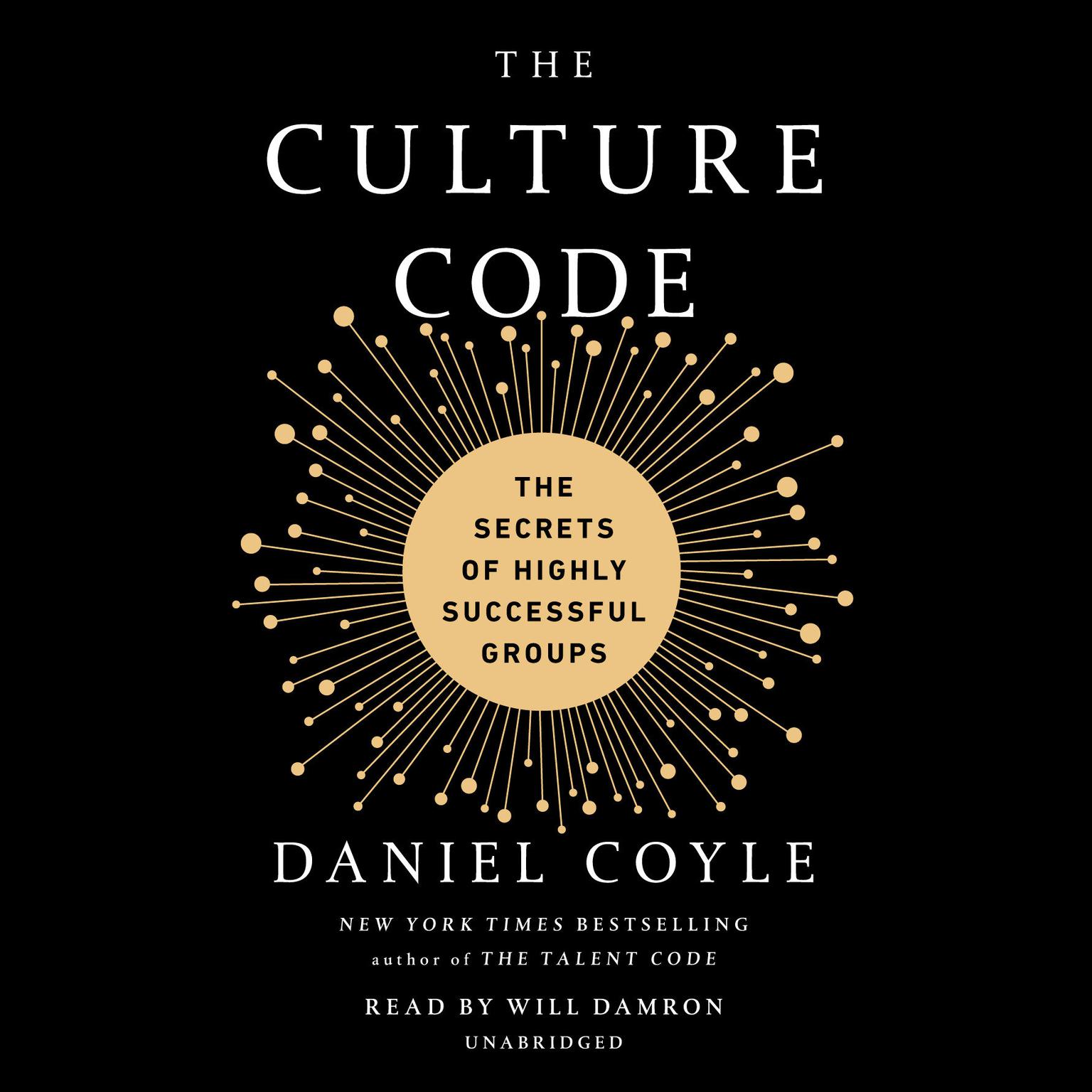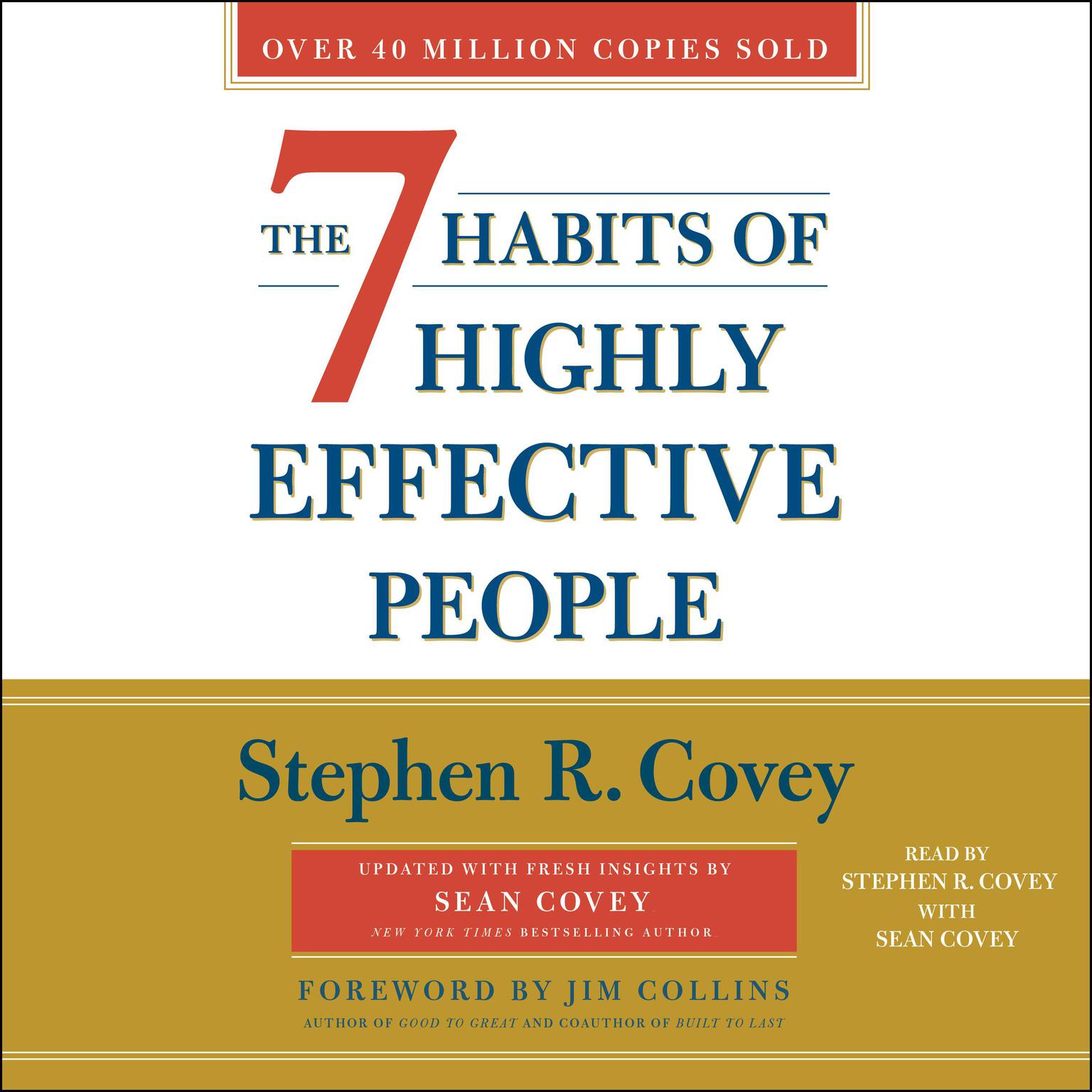Publisher Description
Today, a large proportion of the world’s states are under authoritarian governments. These countries limit participation rights, both in the political sphere and in the workplace. At the same time, they have to generate consent in the workplace in order to ensure social stability and prevent the escalation of conflicts. But how do companies generate consent given that employee voice and interest representation may be limited or entirely absent?
Based on a review of research literature from sociology, organizational psychology, and behavioral economics, this book develops a theory of consent generation and distinguishes three groups of consent-producing mechanisms: socialization, incentive mechanisms, and participation and interest representation. It presents an empirical analysis of how these mechanisms work in Russian and Chinese automotive factories and shows how socio-cultural factors and labor regulation explain the differences between both countries regarding consent and control in the workplace.
Download and start listening now!










